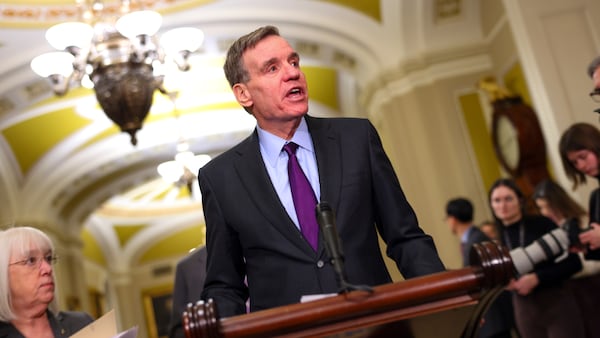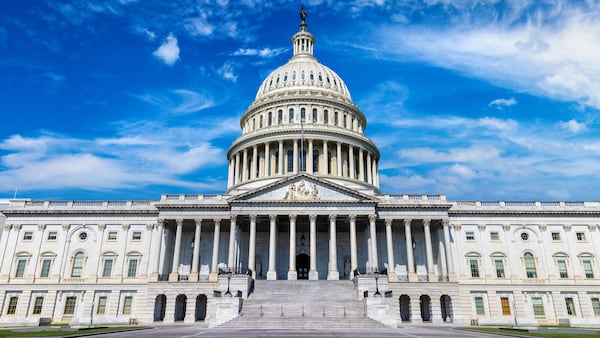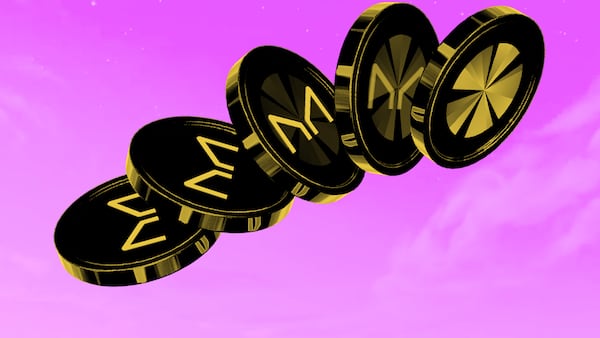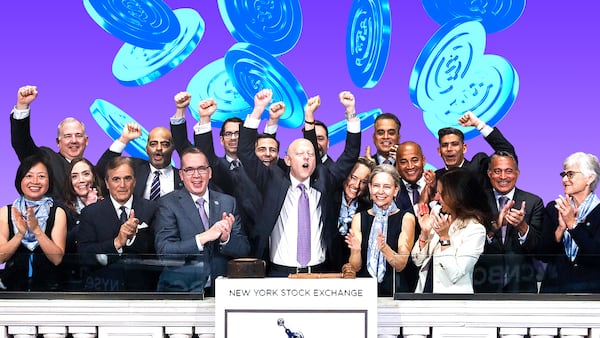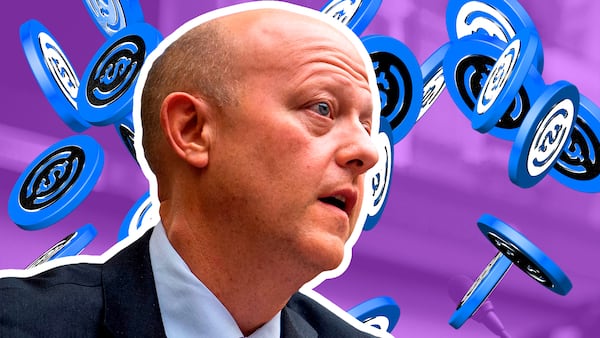- A new project called Stable will open 'enterprise lanes' for institutional users.
- Tether CEO Paolo Ardoino is advising the project.
Software developers are testing a forthcoming blockchain that will use the world’s largest stablecoin, Tether’s USDT, to pay transaction fees.
Dubbed Stable, the project is backed by crypto exchange Bitfinex and by USDT0, a business affiliated with Tether that lets users bring the stablecoin to otherwise incompatible blockchains.
Tether CEO Paolo Ardoino is advising the project.
Stable is being marketed to financial institutions, rather than retail users.
A key selling point will be so-called “enterprise lanes” that promise faster execution of transactions.
“USDT alone settles over $100B daily,” Stable developers wrote on X. “However, the current infrastructure is volatile, costly, and fragmented.”
Real-world apps
It wasn’t immediately clear who’s behind the project. A thread on X detailing the forthcoming blockchain said only that the team comprised “protocol engineers, fintech operators, and crypto founders.”
Stable did not immediately return DL News’ request for comment.
Stablecoins are crypto tokens pegged to the value of another asset, most often the US dollar.
They are among the most utilised real-world applications of crypto technology. They’ve gained a foothold in some developing economies as a store of value. Some of the world’s largest financial institutions — and, controversially, the family of US President Donald Trump — are experimenting with stablecoins.
Tether is the world’s largest, with a market value of $154 billion. Circle’s USDC is a distant second, with a market value of $61 billion.
Shares in Circle soared after the company went public this week on the New York Stock Exchange.
Tether is enormously profitable: Last year, it recorded $13 billion in profits stemming from its holdings of Bitcoin, gold, US Treasury bonds, and other financial instruments.
But it has also been controversial.
The stablecoin is popular with Mexico-based criminal organisations, the US Treasury Department said in a report last year.
And it has emerged as a bogeyman among crypto-sceptic lawmakers amid debates over stablecoin legislation this year.
Earlier this year, Tether said it would move its headquarters to El Salvador, the Central American country led by a controversial Bitcoin-boosting president, after acquiring the country’s Digital Asset Service Provider licence.
Aleks Gilbert is a DeFi correspondent based in New York. He can be reached at aleks@dlnews.com.



